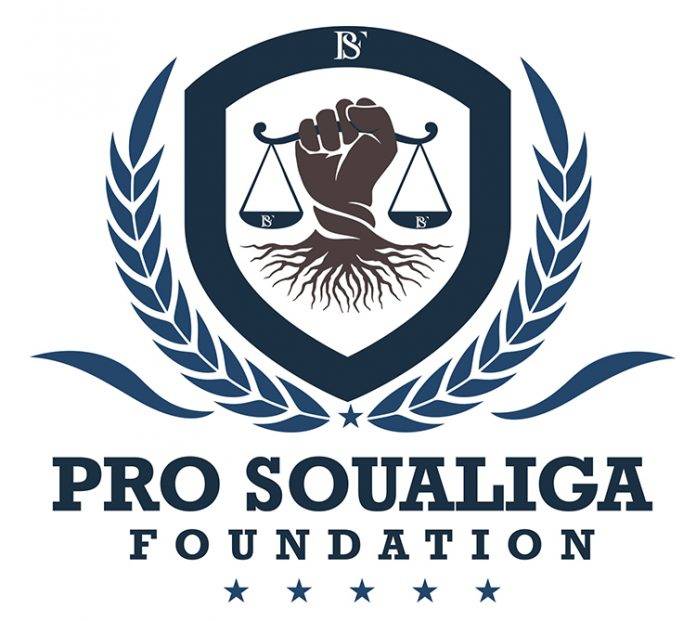PHILIPSBURG, Sint Maarten — The Dutch International Commission of Jurists, also known as the Nederlands Juristen Comité voor de Mensenrechten (NJCM), submitted an alternative report to the Committee on the Elimination of Racial Discrimination (CERD) in March of 2020.
(The Netherlands was set to appear before CERD in 2020, however, their appearance was rescheduled for August of 2021 due to the COVID 19 pandemic) The alternative report begins by stating that “the Kingdom’s constitutional framework provides the European Netherlands with a greater distribution of power in the Kingdom government” which creates a situation where “the view of the elected governments of Aruba, Curaçao and St Maarten on Kingdom issues are considered to be less important.”
NJCMmakes the following assertions regarding
“Discrimination of Caribbean Citizens of the Kingdom”:
1) The constitutional framework of the Kingdom creates a lopsided distribution of power between the Caribbean Netherlands and the European Netherlands.
2) Under certain circumstances, the Kingdom government can also involve itself in autonomous matters of the islands.
3) The European Netherlands are a majority in the Kingdom government and therefore are always able to overrule the ministers plenipotentiary of Aruba, Curaçao and St Maarten.
4) Due to the fact that there is no Kingdom parliament, the Dutch parliament acts as the Kingdom parliament without the other countries having a right to vote.
5) This historically grown constitutional imbalance upholds racialized discourses and practices.
6) Kingdom interference in the autonomous matters of the Caribbean countries are in fact interference by the Netherlands.
7) There is no such thing as Kingdom interference in autonomous matters of the Netherlands.
8) The Dutch legislature has the discretion to differentiate between the BES islands and the European Netherlands.
9) The legislature uses the aforementioned discretion to justify unequal rights to social welfare on the BES Islands.
10) Majority of the BES island population believe that they live under worse economic and political circumstances compared to the situation before 2010.
11) The Dutch legislature and local (Dutch) governments differentiate between Dutch citizens born in the European Netherlands, and those born in or migrating from the Dutch Caribbean.
The NJCM concludes that in order to eradicate the continued practices of
“racial discrimination and inequality” on the Caribbean islands, it is imperative for the Dutch government to be more mindful “of the fact that Dutch Caribbean communities have a right to be included in decision-making processes, directly affecting them, in accordance with internationally established democratic values, and voting and representational rights.”The Netherlands is due to answer the allegations posed by NJCM in August of 2021.
Related




























